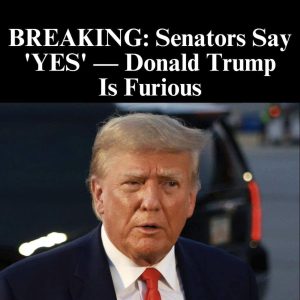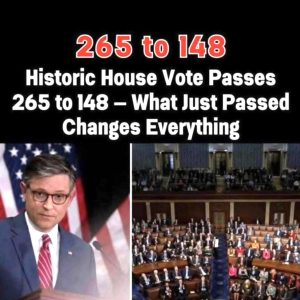As Government Stalls, One Billionaire Steps In — And Divides the Nation He Paid the Troops
In the midst of a federal funding stalemate that threatened to halt military paychecks, a shadowy billionaire quietly injected hundreds of millions into the U.S. armed forces — and now the move is stirring both praise and controversy across the country.
### The Unconventional Bailout
With congressional gridlock teetering the budget and military payroll at risk, an 83-year-old conservative magnate, Timothy Mellon, stepped forward and contributed a reported **$130 million** to keep service members compensated during the crisis.
The fund, accepted via the Department of Defense under “general gift acceptance authority,” was described by a White House spokesperson as the genuine act of “a great American citizen.”
### Why It Mattered
* **Stopping the pay freeze**: With millions of service members at risk of delayed wages, the donation provided an immediate safety net.
* **Tradition broken**: Never before had a private individual stepped in so directly to fund federal obligations when Congress lagged.
* **Power dynamics exposed**: The act underscored how one person’s wealth could influence state functions typically reserved for elected bodies.
### A Divided Reaction
The gesture triggered a broad spectrum of national dialogue:
#### ✅ Supporters say:
* “In the absence of effective government, someone had to act,” said one military spouse.
* It’s being praised as patriotism: “This donor … prevented a calamity for our forces,” noted a pro-defense think-tank.
#### ❌ Critics argue:
* **Democracy at risk**: “Allowing private funds to fulfill public payroll responsibilities is a slippery slope,” said a civil-liberties group.
* **Unequal influence**: Analysts worry the move signals that wealthy individuals may buy leverage over government operations.
* **Legal-ethical questions**: Some legal scholars flag potential conflicts with the Antideficiency Act, which restricts unpaid obligations during appropriations gaps.
### What Happens Now?
* **Senate scrutiny**: Under pressure, the Senate may take up legislation clarifying or restricting private gifts to cover federal payroll.
* **Policy debate**: Lawmakers are now examining whether the event sets a precedent — one where government tasks are outsourced to private wealth rather than voters and Congress.
* **Military morale & public perception**: For service members, the donation is welcome relief — but the broader implication, that pay depends on benefactors rather than policy, has stirred discomfort.
### The Bottom Line
This billionaire’s intervention resolved the immediate crisis — troops remained paid, operations continued — but it opened a wider discourse about governance, money, and power. In a democracy, funding essential functions shouldn’t hinge on one person’s largesse. And now, with public attention fixated on the implications, the question looms: **Is this a hero’s rescue or a warning shot about private influence in public affairs?**





